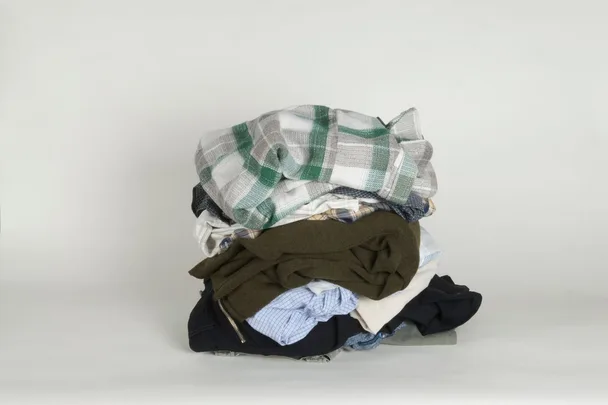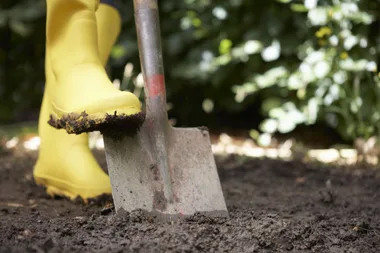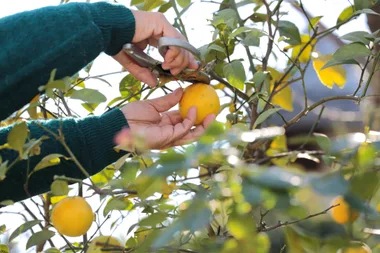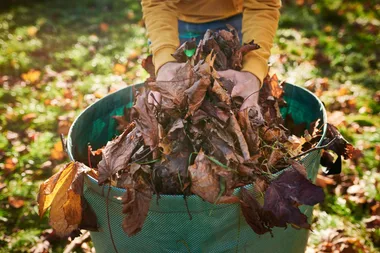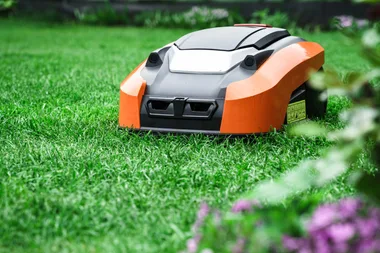It’s that time when the new year is looming and you feel like you need a whole new wardrobe, but what do you do with your old clothes?
Watch: How to build a simple compost system with Charlie
It may be a surprising option, but you can actually use your old clothes in your garden – in the form of composting!
After you’ve exhausted all other options; donation, selling your clothes or using them in a crafting activity, your t-shirts and socks can be put into compost to break down.
It can be a little tricky to work out how it works, so let’s take a look at the ins and outs of clothes or textile composting:
Can you compost clothes?
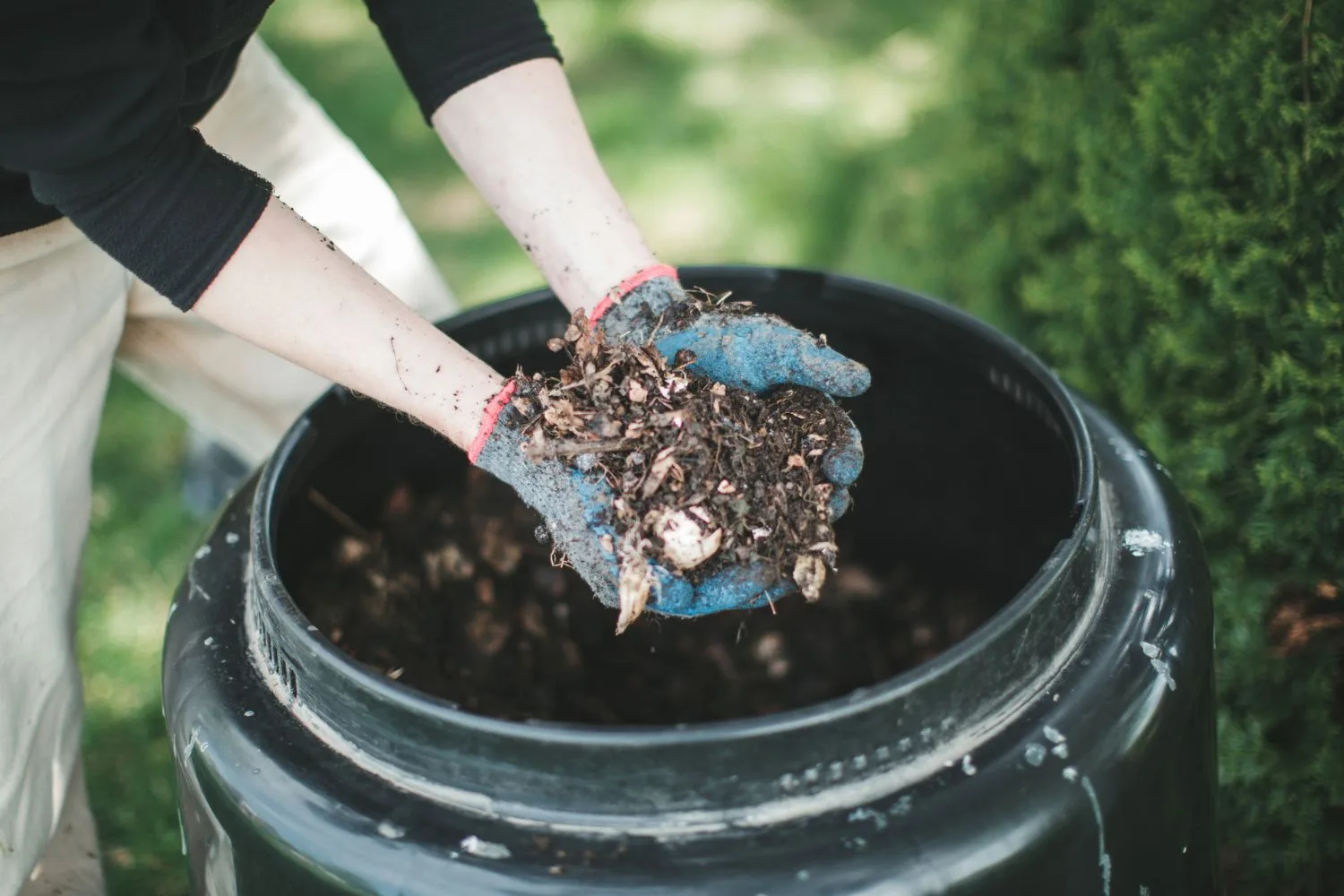
The simple answer is yes, you can! However, some clothing materials will not break down in your compost and will, therefore not be helpful for your garden.
Natural materials like cotton, silk, wool, cashmere, bamboo, jute, and hemp can decompose for compost purposes. These textiles can take between 1 week and 1 year to break down properly, but they can be very beneficial for your compost.
You can also compost natural leather and cork. However, they take much longer to decompose and be useful.
What materials can’t go into your compost?
Clothes made from synthetic fibres, including acrylics, polyester, nylon and microfiber materials should not be put into your compost bin. This is because they will not break down and just clog up your compost heap.
How to compost your old clothes
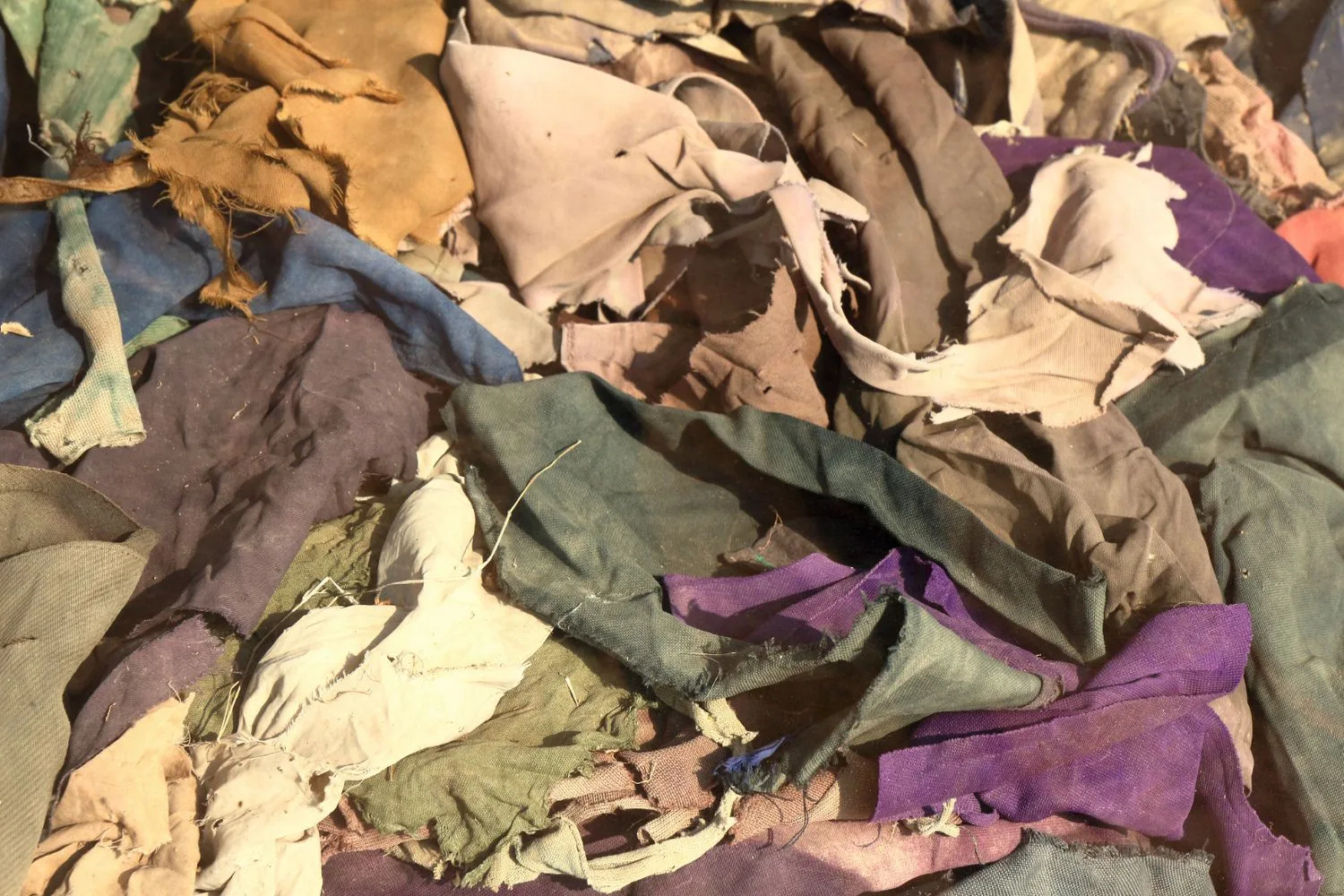
Composting your clothes takes just a little more effort than composting vegetables or normal compost items.
When composting old clothes, you first must remove the following:
- Plastic tags
- Buttons
- Zips
- Elastic
- Clips
- Press studs
Although many items may be made of natural fabric (cotton, wool, etc.), that does not mean the thread within these garments are natural as well. Be sure to check and possibly remove any synthetic stitching before composting.
After removing non-recyclable items from your clothes, it is best to shred your clothes as small as possible. This is because smaller pieces of fabric can decompose faster. Your decomposition rate will depend on the overall health of your soil and what kind of composting system you have (hot or cold). Hot composting systems will, of course, decompose your materials faster.
Tips for clothes composting
- If you forget to remove any synthetic stitching from your old clothes, they will not break down, leaving you with strings in your compost heap. This is completely fine, as they are often easy to see and remove.
- Stained clothing will not break down easily and can affect the health of your soil and compost heap. Putting in fabric scraps that are stained with engine oil or paint can be extremely damaging.
- T-Shirts or clothing items with slogans or designs that sit on the fabric rather than being directly weaved or soaked in may contain PVC inks and plastics, which cannot be broken down.
- It is always best to try and reuse your clothing items before putting them in your compost. Please be sure to donate or sell still-wearable items so your clothing does not go to waste.
